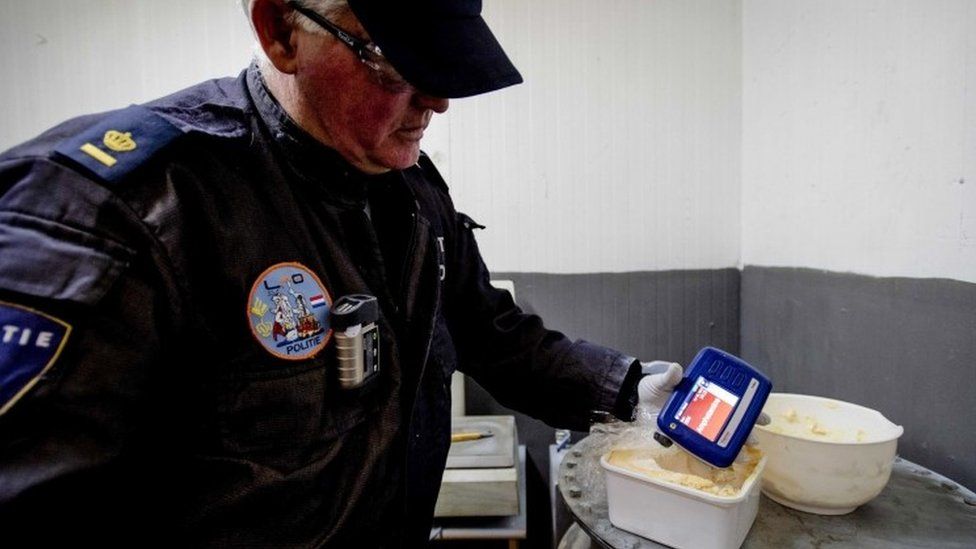UN drugs summit opens with worldwide divisions laid bare
- Published

A UN meeting on worldwide drugs policy has opened in New York in what has been billed as the most significant such conference in years.
The summit will try to rethink global strategy but divisions among members have immediately been laid bare.
While some countries favour decriminalisation, others still punish drug-taking with the death penalty.
Leading figures sent an open letter to UN chief Ban Ki-moon before the meeting calling for a more liberal approach.
Among the signatories were several former presidents, US politicians and businesspeople, who argued that prohibition has done more harm than good.
Regulate marijuana like antibiotics, Mexico urged
The three-day special session was requested by Colombia, Mexico and Guatemala who have seen spiralling drugs violence.
Mexico's President Enrique Pena Nieto warned that harsh penalties "create a vicious cycle of marginalisation and crime".
Several delegates called for the death penalty to be abolished for drugs crimes.
But Indonesia, one of the countries where capital punishment takes place for such offences, said it was a matter on which individual states should decide for themselves.
A document adopted at the session calls for "proportionate" sentencing but does not refer to the death penalty.
While no major decisions are expected at the summit, activists hope it will be an important step towards reform.
- Published20 April 2016
- Published18 March 2015
- Published10 March 2015